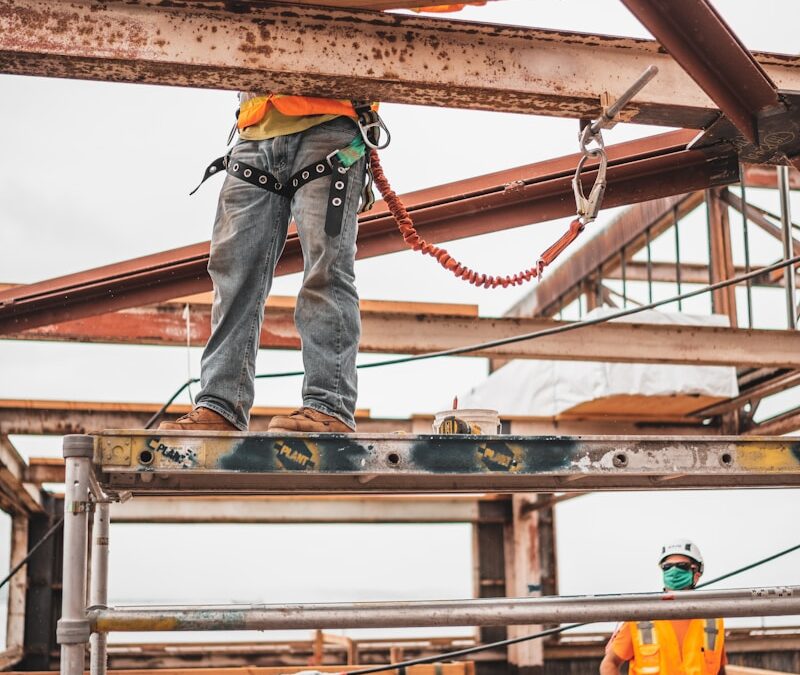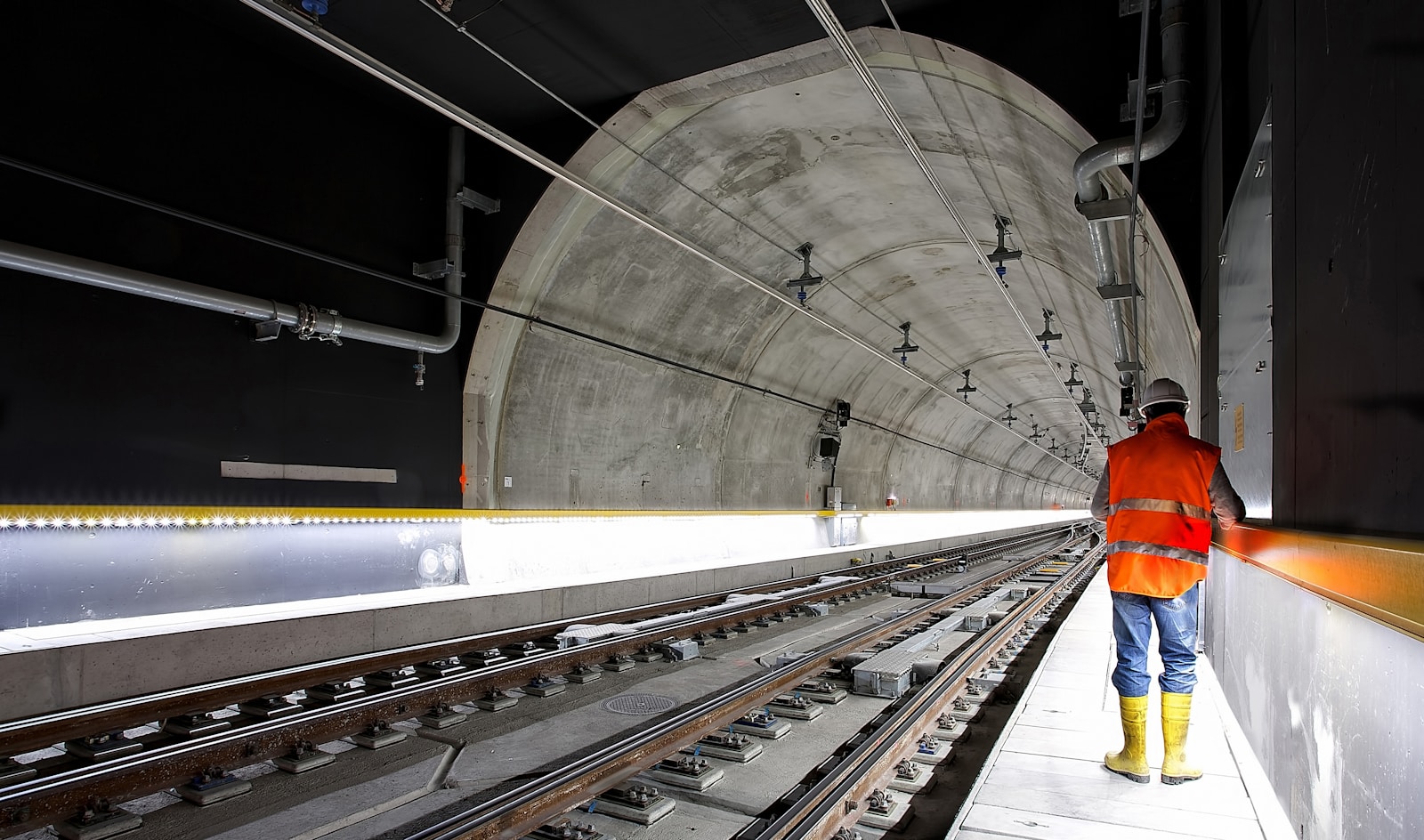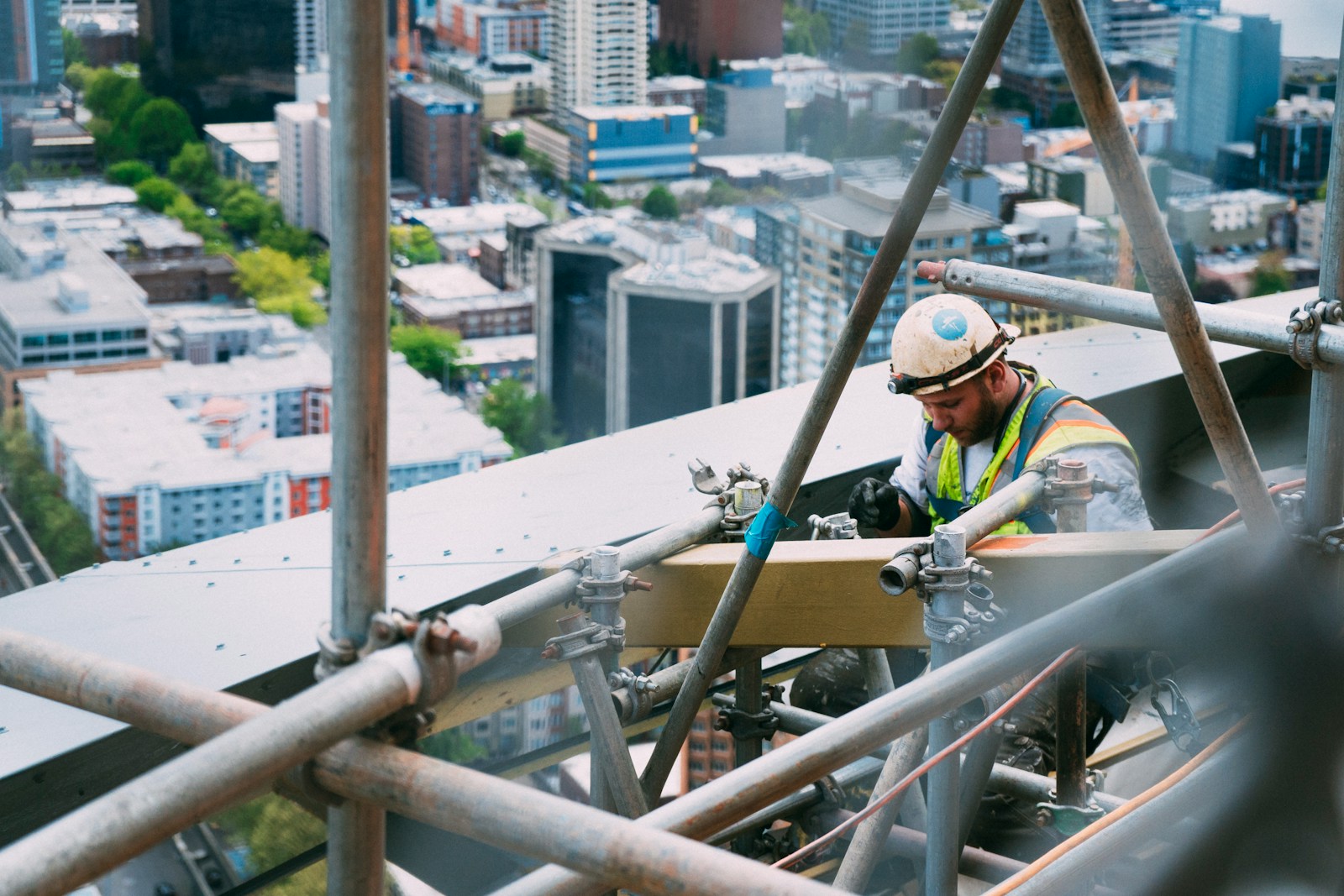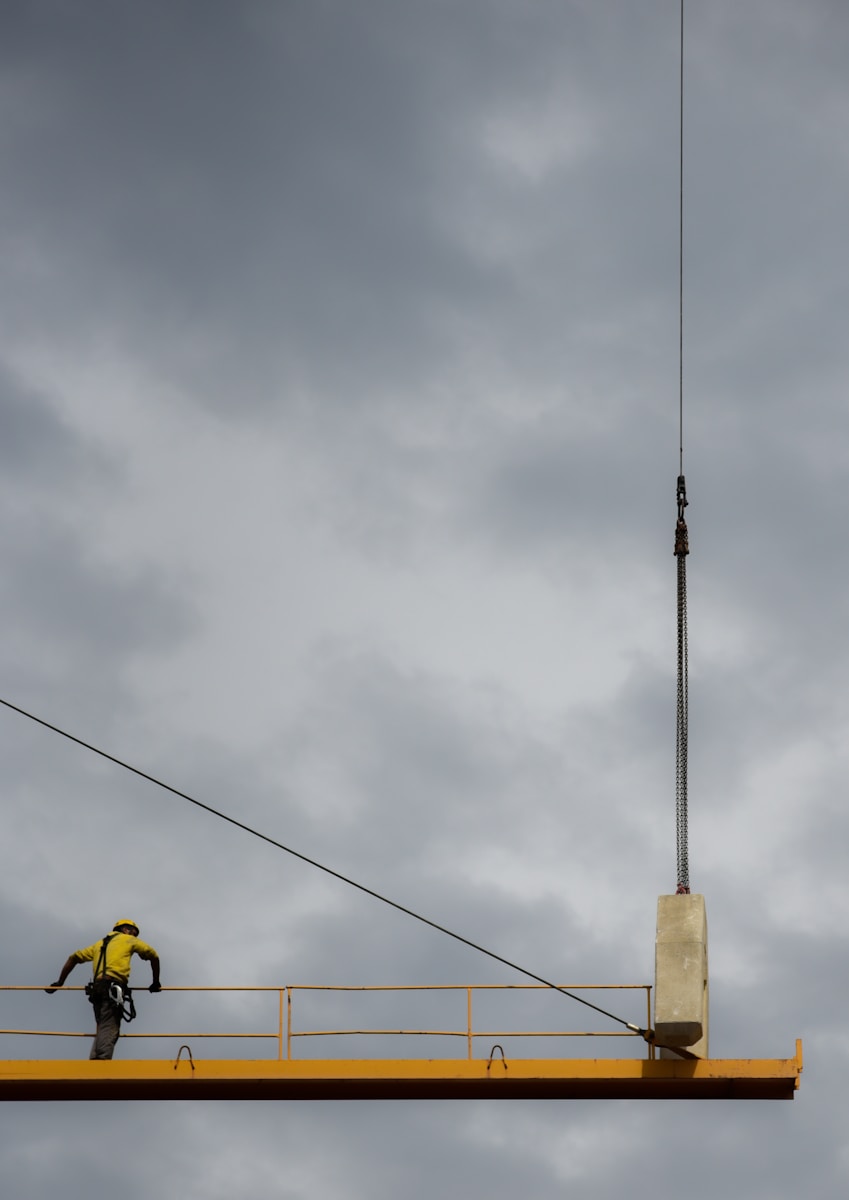Leveraging Real-Time Data for Lean Construction Practices
Introduction to Digital Twins in Lean Construction
Incorporating digital twins in lean construction is revolutionizing the industry by providing real-time data that supports the reduction of waste and inefficiencies. Digital twins, which are virtual replicas of physical assets, enable construction managers and project leaders to simulate and monitor construction processes in real-time. This advanced technology is crucial for implementing lean construction practices, which aim to minimize waste, optimize resources, and enhance overall efficiency.
In regions such as Saudi Arabia, the UAE, Riyadh, and Dubai, where rapid urbanization and ambitious construction projects are prevalent, adopting digital twins can significantly contribute to achieving sustainable and efficient construction outcomes. Business executives, mid-level managers, and entrepreneurs in the construction sector can leverage this technology to drive innovation, improve project management, and ensure the successful completion of complex projects.
The application of digital twins in lean construction offers numerous benefits, including improved project planning, real-time monitoring of construction activities, and the ability to identify and address inefficiencies promptly. This data-driven approach ensures that construction projects are completed on time, within budget, and with minimal environmental impact.
Real-Time Data for Waste Reduction
One of the key advantages of using digital twins in lean construction is the ability to access real-time data on waste and inefficiencies. By continuously monitoring construction processes, digital twins provide valuable insights into areas where resources are being underutilized or wasted. This real-time data allows project managers to make informed decisions and implement corrective actions immediately, reducing waste and optimizing resource allocation.
In the bustling construction markets of the UAE and Saudi Arabia, where large-scale projects are common, the use of digital twins can lead to substantial cost savings and environmental benefits. For example, by identifying material wastage in real-time, construction teams can adjust their procurement and usage strategies to ensure that materials are used efficiently, reducing the overall cost of the project and minimizing waste sent to landfills.
Furthermore, real-time data from digital twins can help identify bottlenecks and inefficiencies in construction workflows. By addressing these issues promptly, project managers can streamline operations, improve productivity, and ensure that projects stay on schedule. This proactive approach not only enhances the efficiency of construction activities but also contributes to the overall success of the project.
Enhancing Efficiency through Simulation and Optimization
The use of digital twins in lean construction extends beyond real-time monitoring to include simulation and optimization of construction processes. Digital twins enable project managers to simulate various construction scenarios and assess their impact on project outcomes. This capability is particularly valuable in complex projects where multiple variables must be considered to ensure optimal performance.
In cities like Riyadh and Dubai, where innovative construction projects are the norm, the ability to simulate and optimize construction processes can lead to significant improvements in project efficiency. For instance, digital twins can be used to simulate different construction methods and determine the most efficient approach for a given project. This data-driven decision-making process ensures that resources are allocated effectively, reducing the likelihood of delays and cost overruns.
Additionally, digital twins can support the implementation of lean construction practices by providing insights into the impact of various construction strategies on waste reduction and resource utilization. By simulating different scenarios, project managers can identify the most effective strategies for minimizing waste and maximizing efficiency, leading to more sustainable and cost-effective construction outcomes.
Collaborative Project Management with Digital Twins
The integration of digital twins in lean construction also enhances collaborative project management. Digital twins provide a centralized platform where all stakeholders, including architects, engineers, contractors, and facility managers, can access real-time data and simulations. This collaborative approach ensures that everyone involved in the project has a clear understanding of its progress and can contribute to informed decision-making.
In regions such as the UAE and Saudi Arabia, where large-scale construction projects often involve multiple stakeholders, the use of digital twins can facilitate effective communication and coordination. By providing a single source of truth, digital twins help ensure that all parties are aligned and can work together seamlessly to achieve project goals. This collaborative approach not only improves efficiency but also reduces the risk of misunderstandings and conflicts.
Moreover, digital twins enable stakeholders to monitor project progress remotely, which is particularly valuable in the context of the COVID-19 pandemic and other situations where onsite presence may be limited. By providing real-time access to project data, digital twins ensure that project managers can maintain oversight and make timely decisions, regardless of their physical location.
Implementing Digital Twins in Construction Projects
The successful implementation of digital twins in lean construction requires a strategic approach and investment in advanced technology. Construction companies need to adopt robust data management systems, IoT devices, and secure data-sharing platforms to support the integration of digital twins. Ensuring the accuracy and reliability of digital twin models is essential for achieving meaningful outcomes.
In cities like Riyadh and Dubai, where there is a strong emphasis on innovation and technology, building ecosystems that support digital twin technologies can drive significant progress. Collaboration with technology providers, research institutions, and regulatory bodies is crucial for developing and maintaining digital twin models that meet the specific needs of construction projects in these regions.
Regulatory frameworks also play a critical role in the adoption of digital twins. Establishing clear guidelines for data privacy, security, and ethical use of digital twin technology is essential for gaining trust and ensuring the safety of construction projects. By creating a supportive regulatory environment, authorities can encourage the adoption of digital twins and facilitate their integration into lean construction practices.
Conclusion: The Future of Lean Construction with Digital Twins
The integration of digital twins in lean construction represents a transformative opportunity for the construction industry. By providing real-time data on waste and inefficiencies, enabling simulation and optimization of construction processes, and enhancing collaborative project management, digital twins can significantly improve the efficiency and sustainability of construction projects.
For regions like Saudi Arabia, the UAE, Riyadh, and Dubai, the adoption of digital twin technologies can drive substantial advancements in construction practices and support their vision of becoming leaders in smart city development. As digital twin technologies continue to evolve, the potential for innovation and improvement in construction will only grow, leading to more efficient, sustainable, and successful projects.
Embracing digital twins is crucial for driving progress and achieving excellence in construction management. By leveraging the power of real-time data and advanced simulations, construction companies can optimize their operations, reduce waste, and deliver high-quality projects that meet the demands of modern urban development.
#DigitalTwins #LeanConstruction #WasteReduction #InefficiencyManagement #SmartCities #UAE #SaudiArabia #Dubai #Riyadh #ArtificialIntelligence #Blockchain #Metaverse #ExecutiveCoaching #GenerativeAI #ModernTechnology #BusinessSuccess #Leadership #ProjectManagement









